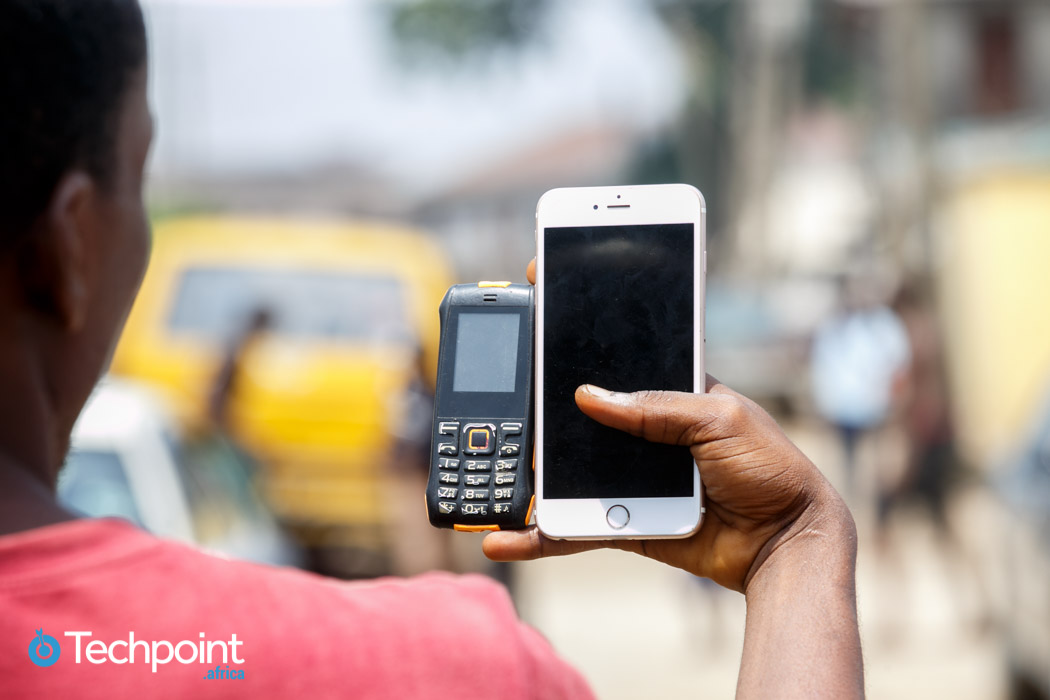The Nigerian Communications Commission (NCC) has announced plans to restructure the country’s current licensing structure to bring it in line with global standards in the Information and Communication Technology (ICT) ecosystem.
The current structure has served the industry for 18 years since its publication, and as NCC CEO, Umar Danbatta, says, it is due for an “urgent review”.
He also set up a standing committee that would prepare reports and recommendations on existing licences, consultative fora, new licence undertakings, amendment to licence fees and durations, benchmarking of licences with similar jurisdictions, and the impact of certain licences on other licence holders.
The committee is also expected to recommend solutions and develop an updated regulatory framework for new and amended licences with a final report on the project with all recommendations.
Danbatta, while inaugurating the committee, said the need for the review of the existing licence structure was informed by the wide range of technological advances and the convergence of technologies and services which have characterised the global telecoms space over the years, and whose impact is increasingly being experienced in Nigeria.
Nigeria’s licence structure
Nigeria currently favours a two-category regime — individual and class — for general and specific services.
Class licences have a flat fee of ₦10,000 ($24.39), while individual licences are within the range of ₦250,000 ($609.76) and ₦50,000,000 ($121,952.22).
There will be amendments to fees as the committee is expected to give recommendations based on a comparative analysis of countries with similar jurisdiction.
In comparison with Nigeria, South Africa also operates a two-category licence structure, but its fees are more expensive. For class licences, they have a flat fee of R13,721 ($971.73), and for individual licences, application costs are determined by the Information Technology Association (ITA).
Kenya also operates the same licence regime with prices ranging from Ksh 1000 ($9.28) to Ksh 15 million ($139,146.57).
Considering all that the committee has to deliberate on, we might see significant changes such as increased licencing fees based on fees in other African countries, new licences relating to 5G implementation, mobile virtual network operators, or over-the-top licences.
Global ICT standards
According to the International Telecommunication Union’s (ITU) 2020 Global ICT Regulatory Outlook, Nigeria is a third-generation (G3) country.
To put this in context, the ITU ranks countries into five generations using Regulatory Tracker indicators divided into four pillars: Regulatory Authority, Regulatory Mandate, Regulatory Regime and Competition Framework. The Regulatory Tracker is an evidence-based tool to help decision-makers and regulators make sense of the rapid evolution of ICT.
With an overall score of 78.3, Nigeria barely passes the benchmark above G2 countries where basic reform — partial liberalisation and privatisation across all layers — occurs.
The Ethiopian government’s bid to sell off its stake in Ethio Telecom gives more clarity. Before the sale of its first private national telecoms licence to Safaricom’s consortium, the country ranked as a G1 country — government-owned and controlled industry.
After the sale, it was bumped up to a G2 country because the industry had been privatised.
As a G3 country, Nigeria’s ICT ecosystem enables investment, innovation and access — dual focus on stimulating competition in service and content delivery, and consumer protection.
Kenya is the only African country to rank as a G5 country. According to ITU’s ranking, the East African nation’s ICT Regulatory Framework fosters vibrant markets and is also key to finding market solutions. It also means that Kenya’s ICT regulator plays a leadership role.
It’s been 18 years since the last licence review. In that time, we’ve seen Glo’s famous per second billing that blew the market wide open, competition leading to reduced — but still expensive — data prices, 4G coverage, MainOne’s fiber cable
Will the door be open to new players? Will a new entrant come to break MTN’s dominance? We will have answers when the review is completed.
While this move by the NCC shows progressiveness — especially in light of recent policy amendments — it appears there are still some ways to go before Nigeria attains global ICT standards.










